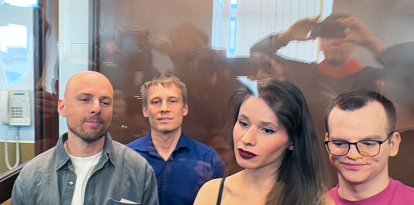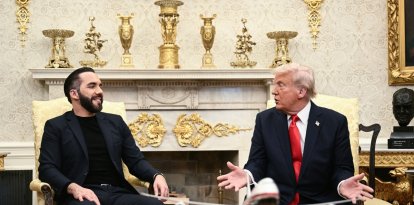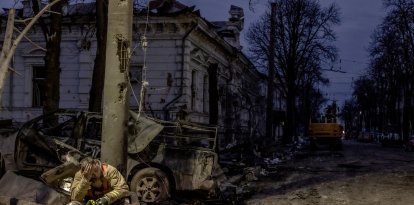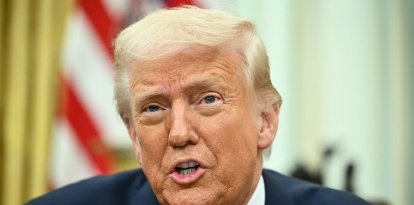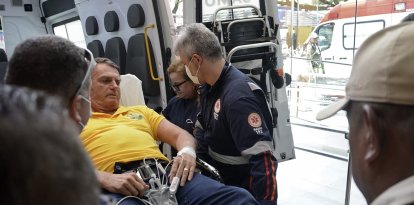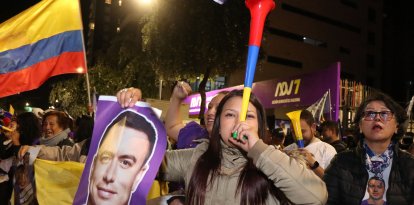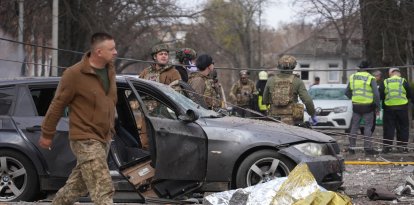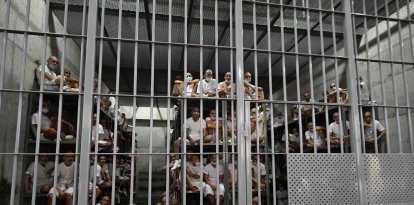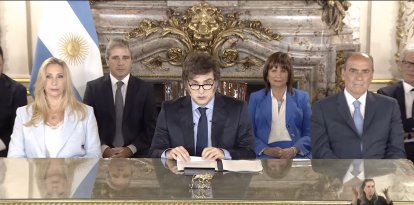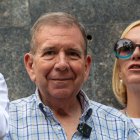Venezuela arrests six foreigners, including three Americans, and accuses the US of plotting to kill Maduro
The State Department denied the accusations, amidst growing tension inside and outside Venezuelan borders after the regime’s fraud in the presidential election.
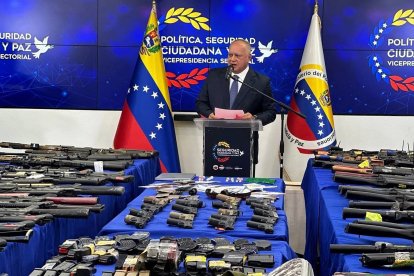
Diosdado Cabello, Venezuelan interior minister
Nicolas Maduro's regime arrested three Americans, two Spaniards and a Czech national this Saturday. It is accusing them of planning "terrorist" acts to "destabilize" the country, including attempts against Maduro's life and against the Argentine embassy, where six opponents are refugees. The Venezuelan regime also blamed the U.S. government.
Minister of the Interior Diosdado Cabello spoke out directly against Washington in a press conference: "We even know that the U.S. government is linked to this operation." During his appearance, the Venezuealan official spoke of a plot organized by the CIA that allegedly involved mercenaries of different origins. He also mentioned opposition leaders, among them María Corina Machado, as conspirators and assured that "more than 400 rifles" had been seized.
The State Department called the accusations "categorically false." "The United States continues to support a democratic solution to the political crisis in Venezuela," insisted a spokesman, adding that one of the detainees was a member of the U.S. military and that they were "aware of unconfirmed reports of two additional U.S. citizens detained."
Although U.S. authorities have not yet confirmed, Cabello identified the three Americans as Wilbert Josep Castañeda, whom he described as an "active military officer" and "chief" of the alleged plot, Estrella David and Aaron Barren Logan.
The Czech arrestee is Jan Darmovzal and the Spaniards are Jose Maria Basua and Andres Martinez Adasme. Spain also denied any involvement.
The arrests come days after the U.S. administration announced sanctions against 16 Venezuelan officials for electoral fraud in the presidential election. Washington recognizes opposition candidate Edmundo González Urrutia as the winner of the election. Last weekend, he went exile in Spain.
Urrutia also received the backing of the Spanish Congress of Deputies, which voted in favor of the government recognizing him as president-elect. Prime Minister Pedro Sánchez, for the time being, turned a deaf ear to the non-binding proposal. Both leaders met during the week at the official residence of the Spanish prime minister.
In addition to the congressional request, Caracas expressed anger this week with the words of Spanish Defense Minister Margarita Robles, who on the same day of the Sanchez-Urrutia meeting described the Maduro regime as a "dictatorship."
RECOMMENDATION
